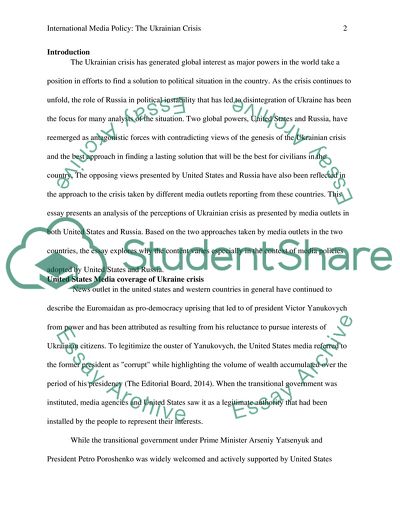Cite this document
(International Media Policy: The Ukrainian Crisis Research Paper - 2, n.d.)
International Media Policy: The Ukrainian Crisis Research Paper - 2. Retrieved from https://studentshare.org/politics/1848538-research-essay
International Media Policy: The Ukrainian Crisis Research Paper - 2. Retrieved from https://studentshare.org/politics/1848538-research-essay
(International Media Policy: The Ukrainian Crisis Research Paper - 2)
International Media Policy: The Ukrainian Crisis Research Paper - 2. https://studentshare.org/politics/1848538-research-essay.
International Media Policy: The Ukrainian Crisis Research Paper - 2. https://studentshare.org/politics/1848538-research-essay.
“International Media Policy: The Ukrainian Crisis Research Paper - 2”, n.d. https://studentshare.org/politics/1848538-research-essay.


